Prostatitis
Prostatitis
Prostatitis
Prostatitis is a painful inflammation of your prostate. During their lifetime, 50% of men will experience some form of prostatitis. Prostatitis causes inflammation or infection of the prostate.
Prostatitis can be caused by various bacteria – from a urinary tract infection, sexually transmitted infection, or catheter insertion, for example – and can result in acute or chronic prostatitis. It can also be chronic, without the presence of bacteria.
Acute prostatitis is accompanied by fever, chills, and a general feeling of illness; it is urgent to seek medical attention to avoid long-term complications.
Prostatitis is not a form of prostate cancer and does not increase the risk of developing prostate cancer.

There are four types of prostatitis
Chronic pelvic pain syndrome
This is the most common type of prostatitis. This condition primarily causes pelvic pain, but other symptoms may also occur. Although the causes for chronic pelvic pain syndrome are not well understood, it is not caused by a bacterial infection. This type of prostatitis may persist intermittently for some time and occurs mostly in younger men. Some studies show a link between higher stress levels and the onset or amplification of chronic pelvic pain syndrome symptoms.
Acute bacterial prostatitis
This is a bacterial infection of the prostate. Bacteria can also spread to your prostate from your bladder, intestines, or blood stream. Symptoms can develop quickly and this condition can be very serious and may require hospitalization with intravenous antibiotic therapy. Symptoms associated with acute bacterial prostatitis include fever and pain in the thighs, lower back, and pelvic region. There may also be a complete inability to urinate (acute urinary retention). This condition can be caused by a urinary infection, a biopsy, or the use of a catheter.
Chronic bacterial prostatitis
This is an infection caused by bacteria that can last for more than three months. Symptoms vary with time and are not as serious as acute bacterial prostatitis. Chronic bacterial prostatitis can develop from a bacterial infection when bacteria remain in the prostatic region. Men having previously suffered from a urinary infection or inflammation of the urethra are more at risk of developing this type of prostatitis.
Non-bacterial prostatitis or asymptomatic prostatitis
This type of prostatitis causes an inflammation of the prostate. This type of prostatitis does not cause any symptoms and is generally detected by chancewith a prostate biopsy. Causes are unknown.
Risk factors associated with prostatitis
- Unprotected sex
- An enlarged prostate
- A trauma, prostate biopsy, or prostate surgery
- Bladder outflow obstruction
- Passage of a catheter or cytoscope into the urethra
The most common signs and symptoms
Prostatitis can cause a wide range of symptoms that can differ from man to man.
- A need to urinate often during the day and night (frequent urination)
- An urgent need to urinate (urge incontinence)
- Difficulty starting or stopping urination
- Weak or slow urine stream
- Intermittent urine stream
- Feeling of incomplete emptying of the bladder
- Pain or burning sensation when urinating
- Pain in the pelvic region (genitals, groin, lower abdomen, or lower back)
- Difficult or painful ejaculation
- Fever and chills if the prostatitis is acute
- Recurrent urinary tract infections
- Presence of blood in the urine or semen (rare)
Diagnosis
If you notice any unusual symptoms or if the doctor suspects you of having this condition, the doctor may suggest you undergo certain tests. These tests vary depending on the type of prostatitis, but may include the following:
- A rectal examination to ascertain sensitivity and size of the prostate
- An abdominal examination
- A urine test and culture of bacteria found in the urine
- A blood test and a prostate-specific antigen (PSA) test
- Imaging using ultrasound or X-ray
Treatments for prostatitis
Treatments are dependent on the prostatitis diagnosis and may vary from one man to another.
- Antibiotics: to treat bacterial infections
- Intravenous antibiotics: to treat acute bacterial infections;
- Pain medication;
- Muscle relaxants: to reduce bladder contraction. They can decrease urine leakage and the urgent need to urinate;
- Alpha-adrenergic blockers: to relax muscles around the prostate, to relieve pressure on the urethra, and reduce symptoms affecting urine flow. They are fast-acting (24-72 hours) on urinary symptoms;
- 5-alpha-reductase inhibitors: to reduce the size of the prostate if urinary disorders stem from prostatitis linked to BPH (enlarged prostate);
- Non-steroidal anti-inflammatory drugs;
- Transurethral resection of the prostate to drain an abscess.
Helpful lifestyle changes
- Drink plenty of water;
- Avoid alcohol, soft drinks, and drinks containing caffeine, such as tea and coffee, that can irritate your bladder and make symptoms worse;
- Eat a healthy diet;
- Sit comfortably if you need to sit for a long period of time;
- Be active, it can reduce pain;
- Avoid cycling or any other activities that put pressure on the perineum as it can make symptoms worse;
- Do pelvic floor muscle exercises: these muscles help control urination. Doing these exercises strengthens your muscles and helps to reduce urinary symptoms.
Supportive treatments to help relieve symptoms
There is no scientific evidence regarding the effectiveness of these methods in relieving symptoms, but many men did notice an improvement in their conditions.
- A prostate massage by the doctor;
- Taking antidepressants;
- Treatments for sexual problems (use of medications to address erectile dysfunction).
Complementary therapies
These therapies can have a positive effect on your well-being:
- Acupuncture
- Massotherapy
- Reflexology
- Aromatherapy
- Hypnotherapy
Relaxation techniques
Relaxation techniques may help you relax and feel more comfortable:
- Meditation
- Yoga
- Deep breathing
- Warm baths
Additional Information - Prostate diseases
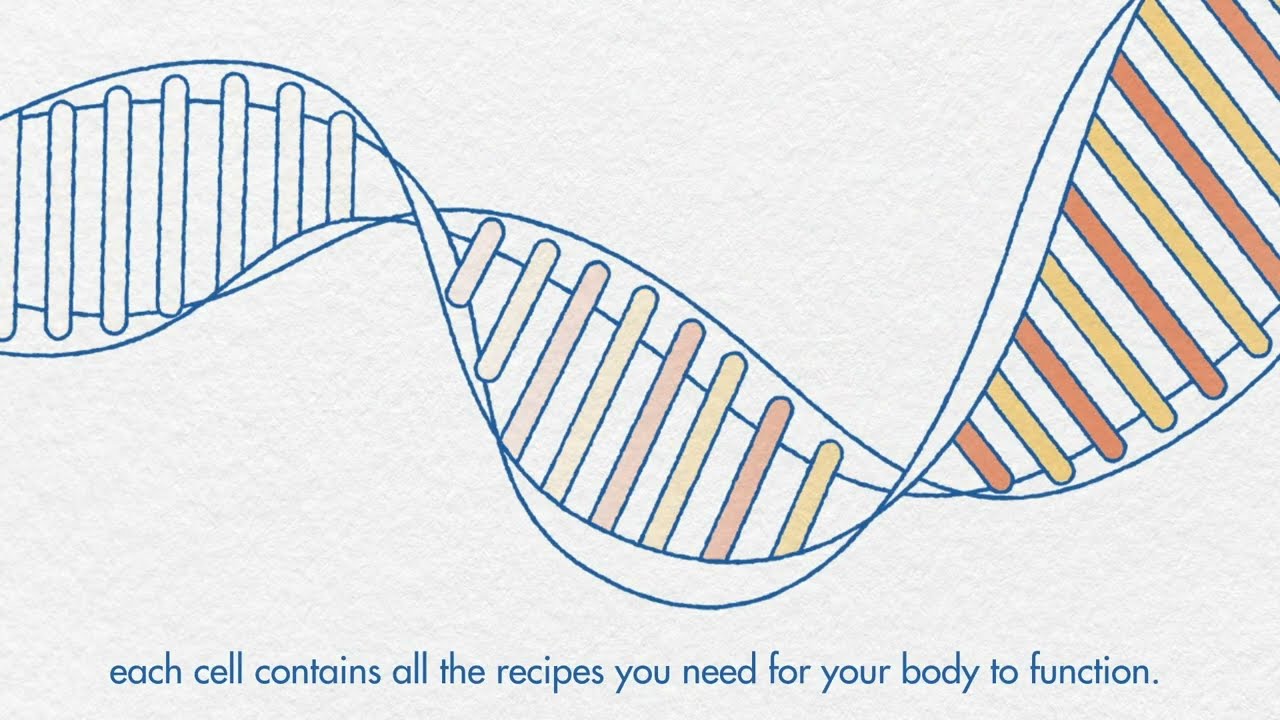
Genetics and prostate cancer
Do you have a family history of cancer? Your doctor might recommend genetic screening.
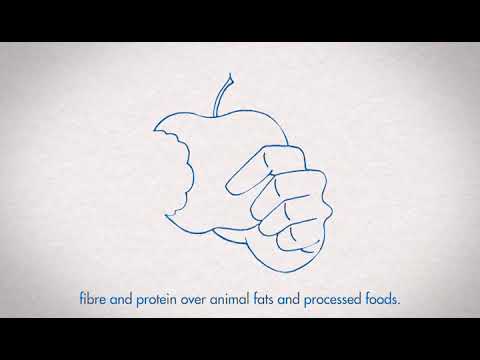
Symptoms, risk and screening
Are you over 50 or experiencing urinary problems? Discover why early screening for prostate diseases is important.
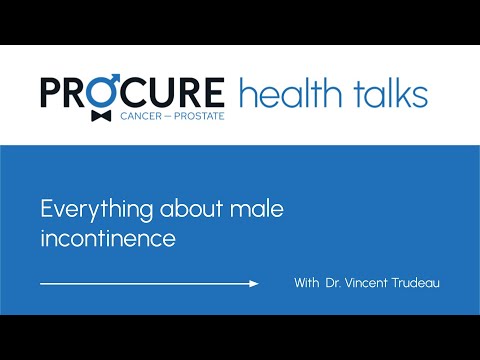
Everything to know about male urinary incontinence
Do you suffer from male urinary incontinence? You’re not alone. This webinar covers symptoms and treatments to help you.
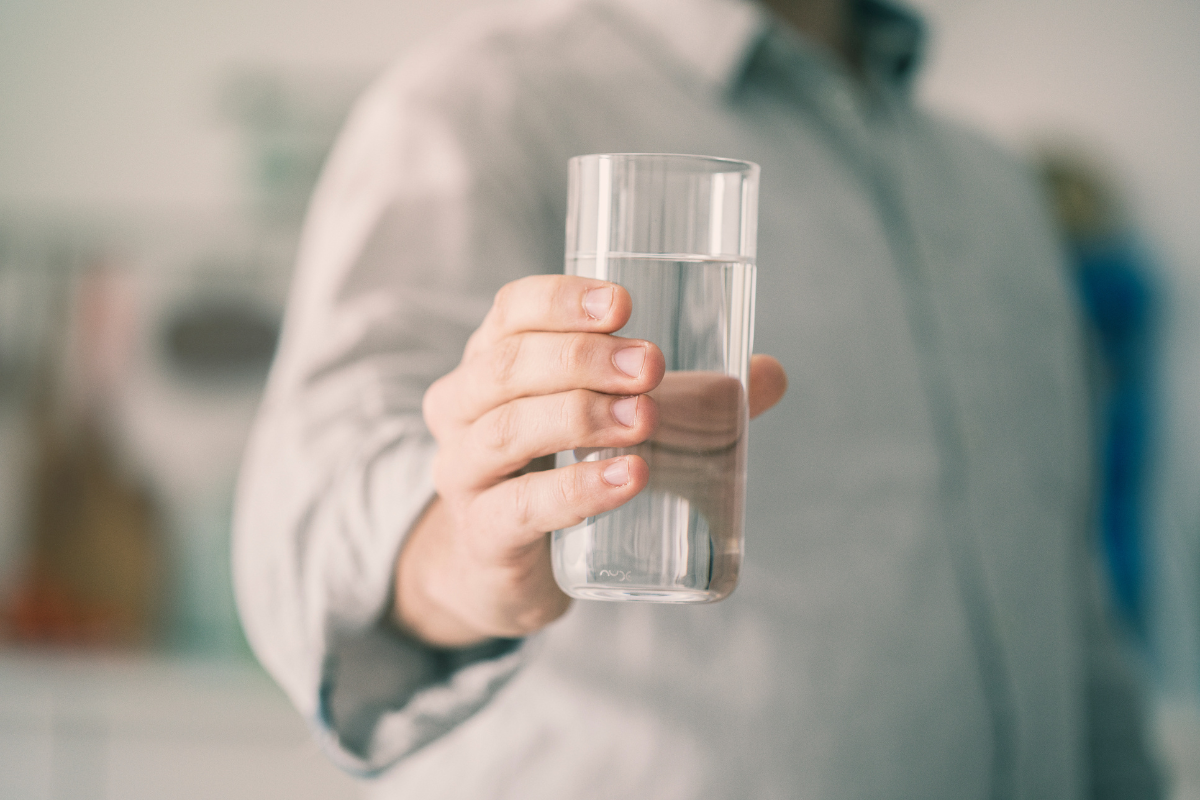
Male incontinence: 8 myths to dispel
Male incontinence is a taboo subject that is the subject of several myths. For those affected, having the right information is essential.
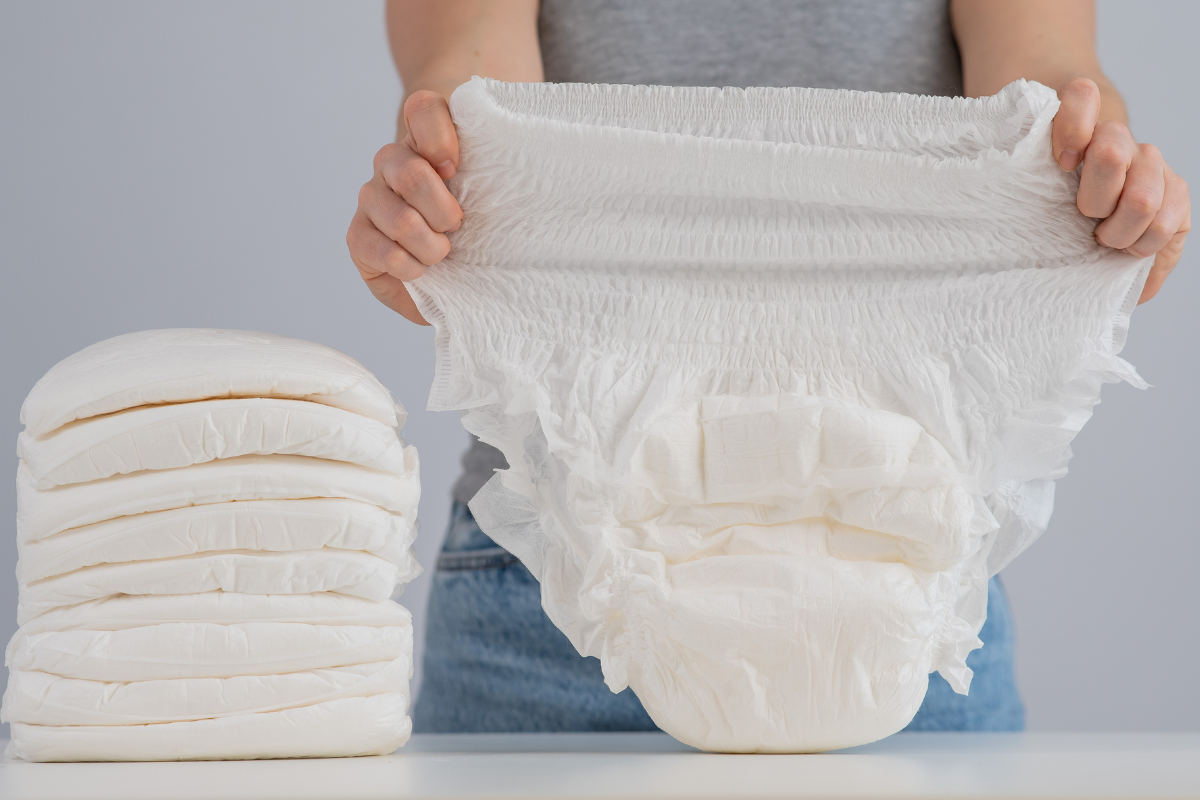
Incontinence: How to choose the right product?
Although we hear less about urinary incontinence in men, some of them are faced with this urological problem.
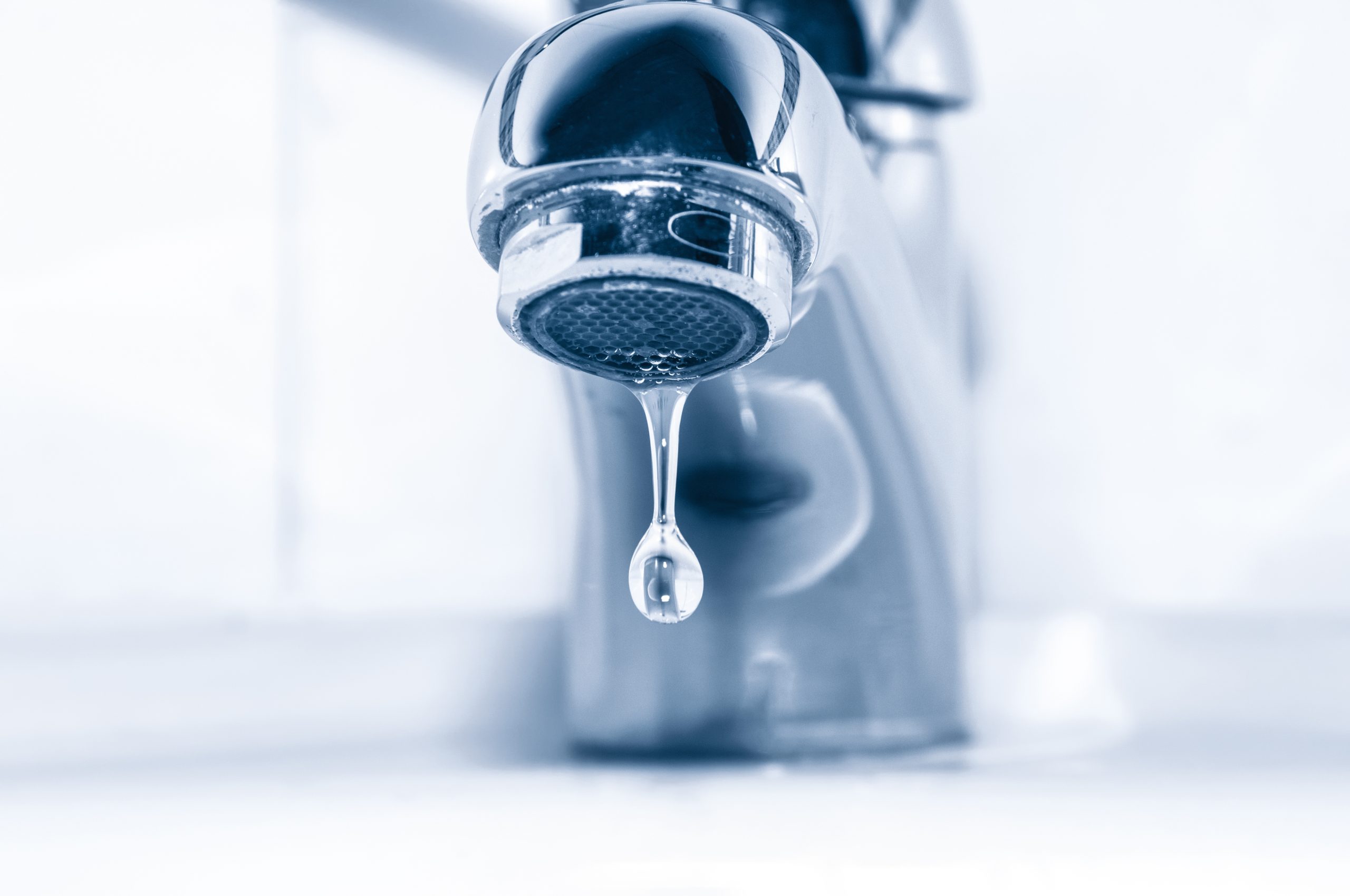
BPH: Myths and Reality
BPH or enlarged prostate is a natural phenomenon as we age. If you have BPH, it’s important to separate the facts from the myths.

Long live my old prostate!
Long live my old prostate that I respect! Present only in men, once adult, it can be as much a friend as naughty.
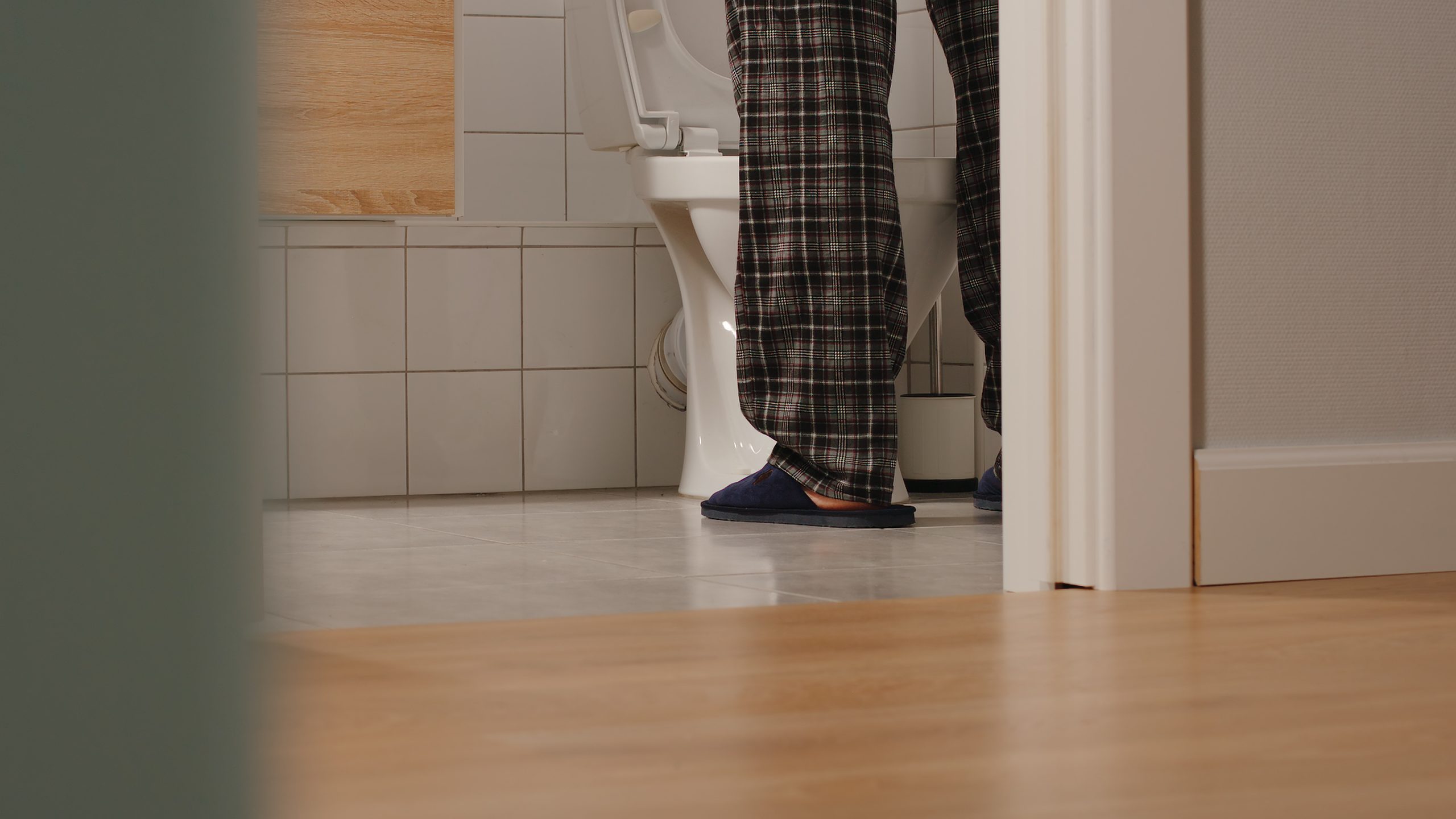
Why am I urinating my semen
If you are wondering why you urinate your semen, the answer is that you have what is called retrograde ejaculation.

Foods that irritate your bladder
Do you have urinary symptoms that affect you on a daily basis? The article Foods that irritate your bladder is for you. We know that the prescription of certain medications can promote urinary incontinence in some people. The side effects of these drugs are sometimes temporary, but it is important to talk to your doctor about them. But what about […]

10 signs that encourage you to see a doctor
There are many reasons why men will be referred to a specialist, and if you experience any of the following symptoms you should see a family doctor. Here are 10 signs that encourage you to consult. You should also know that unless you go to a private clinic, you cannot consult a specialist directly, such as […]
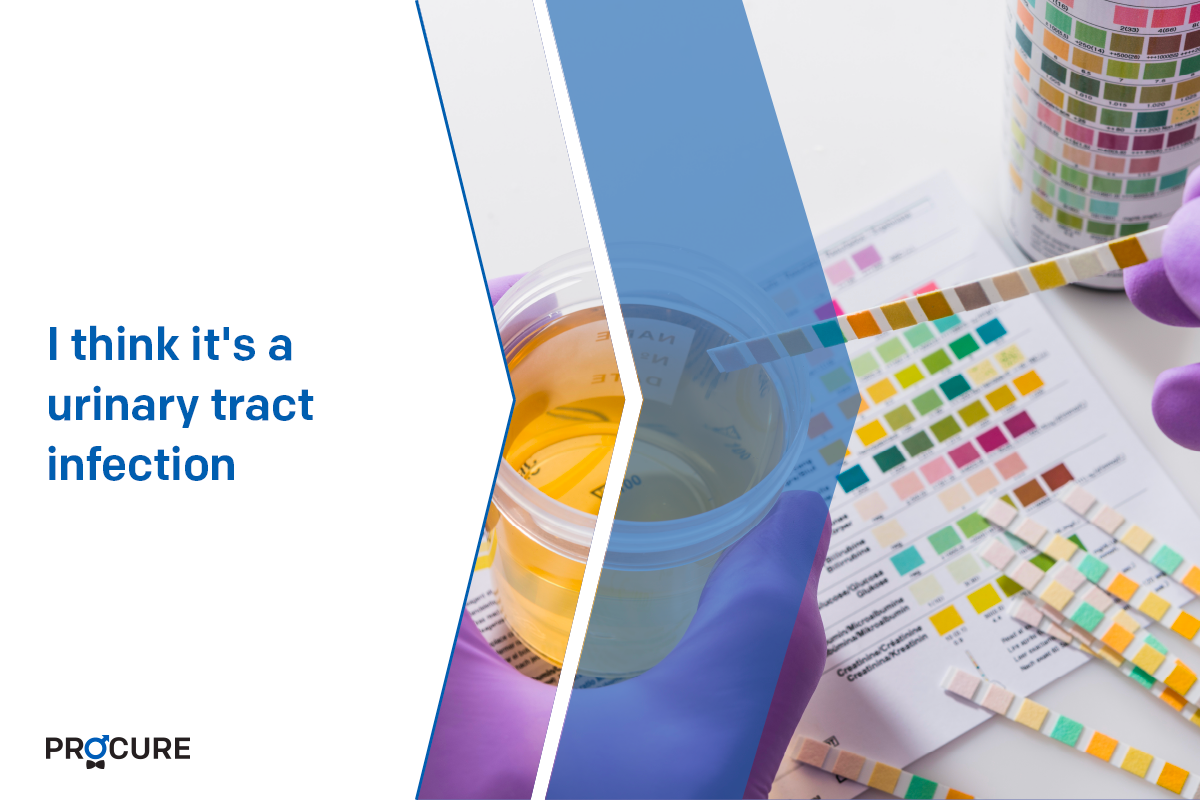
I think it’s a urinary tract infection
Do you have urinary symptoms accompanied by pain or burning when you urinate? It could be a urinary tract infection. UTI is much rarer in men than in women. It has two major causes: a sexually transmitted disease or complications related to your prostate. Infection can happen when harmful bacteria lodges in your urinary tract. […]
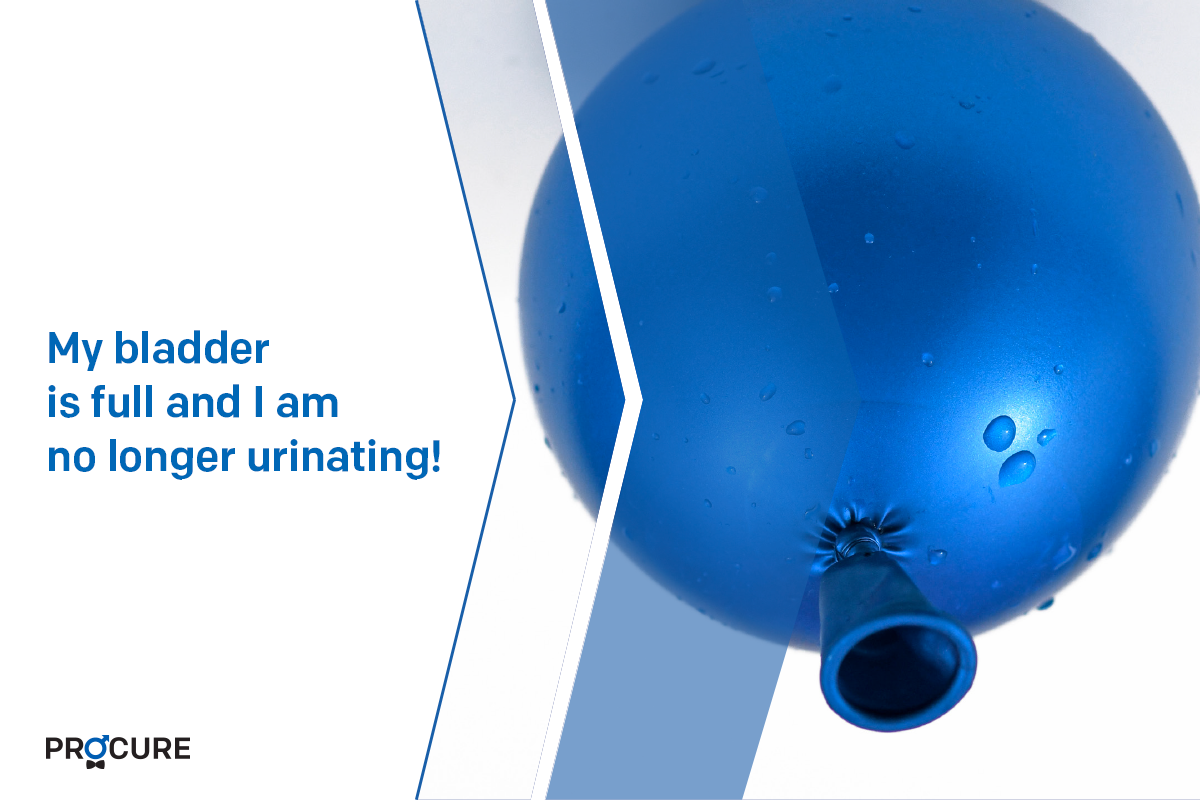
My bladder is full and I am no longer urinating!
A sudden and painful inability to voluntarily empty the bladder suggests acute urinary retention. My bladder is full and I am no longer urinating means consult urgently! It is more common in men than women and is most often due to an enlarged prostate or BPH. The latter can compress the urethra, to the point […]
Sources and references
Last medical and editorial review: April 2024. See our web page validation committee and our collaborators by clicking here.


